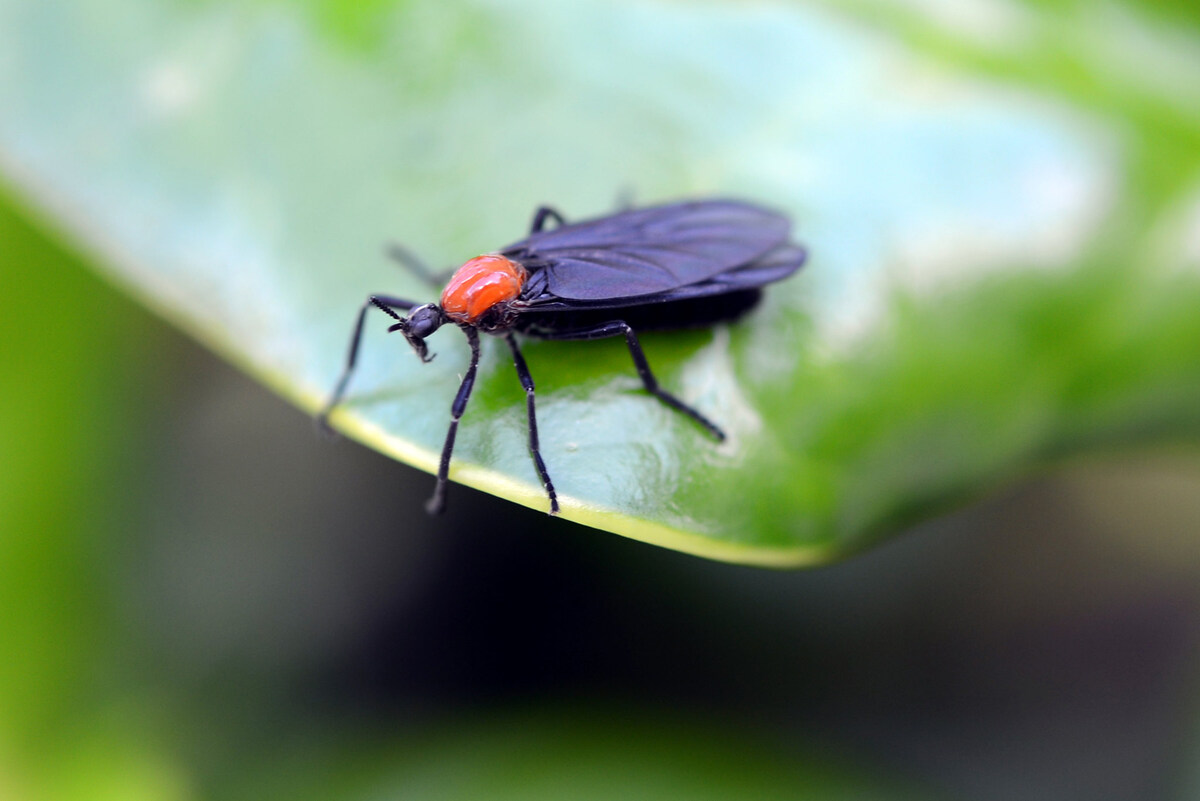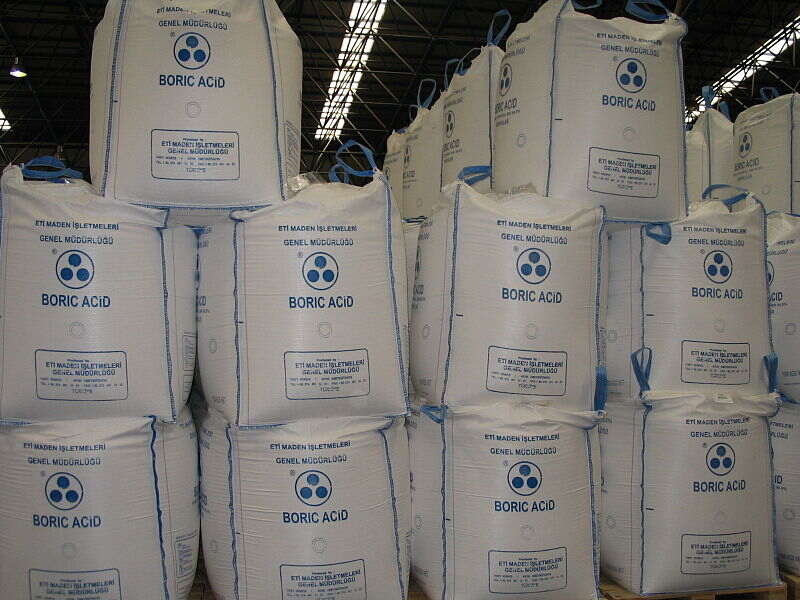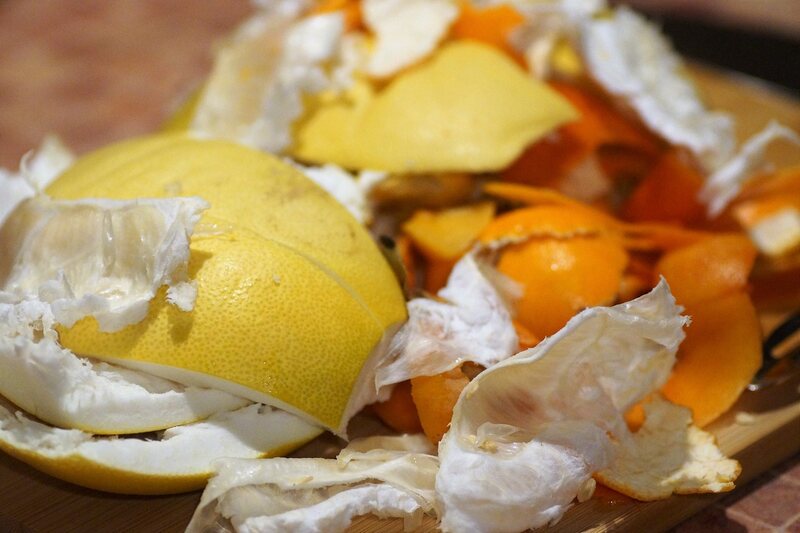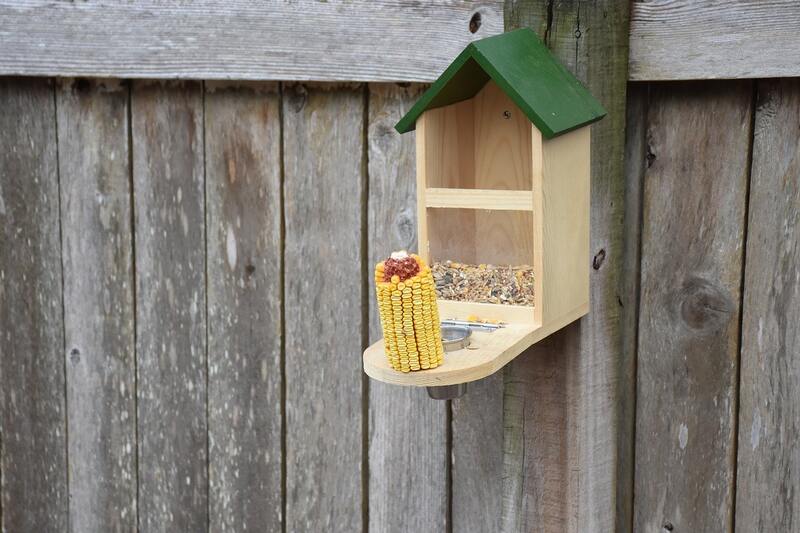
With its warm and humid climate, there’s no denying that Florida is one of the buggiest states around. That’s where eco-friendly pest control in Orlando, FL, comes in!
Luckily, there are safe options that are better than traditional pesticides for the environment and your family and pets. Let’s take a closer look at natural pest control remedies for Orlando lawns and gardens.
All Natural Pest Control Solutions
It’s no secret that many Orlando homeowners and pest control professionals are turning to more eco-friendly methods for keeping critters away both inside and outside of their homes.
Organic pesticides are a great way to do this, as they are typically friendlier for the environment and you! However, just like synthetic pesticides, it’s still important to handle them cautiously.
Learn about some of the most popular and effective organic pesticides below.
1. Insecticidal Soaps
We’re not talking about your run-of-the-mill hand soap here. Insecticidal soaps are designed specifically to handle pest problems. They remove the waxy coating that protects insects’ outer bodies and causes suffocation and dehydration.
These soaps have low toxicity and work best on soft-bodied lawn and garden pests such as aphids, scales, psyllids, whiteflies, mealybugs, and thrips.
To ensure that the soap won’t harm your plants, a plant sensitivity test is recommended. Spray a small section and wait 24 hours to check for any adverse effects. Susceptible plants include drought-stressed or hairy-leafed ones.
2. Horticultural Oils

Ever heard of horticultural oils? These are made from byproducts of petroleum or plants and work by smothering insects.
The most common plant-based oil is neem oil, but it’s important to note that this oil can be harmful to waxy succulents and other plants, making it wise to test the sensitivity of any plant material before applying. Be sure not to apply when the temperature is 90°F and up.
Low-toxicity horticultural oils work well on small, soft-bodied pests, including aphids, whitefly nymphs, scale nymphs, and mealybug nymphs.
3. Diatomaceous Earth
Mined from fossilized silica shells, diatomaceous earth (DE) works to kill pests by cutting into their outer coating, which causes dehydration. To be effective, DE must remain dry, so unfortunately, in Orlando’s wet climate, outdoor usage is mostly ineffective.
If you plan to use DE indoors, just remember that precautions should be taken against inhaling it. Indoors, DE tackles cockroaches, fleas, bedbugs, ants, and spiders.
4. Boric Acid

The under-the-sink cabinet is home to a lot of pest-controlling goodies, one of those being boric acid. Derived from the mineral borate, this option works by disrupting the digestive and nervous systems of pests, as well as cutting into their outer bodies, resulting in dehydration.
It comes in a variety of products, such as dust, sprays, tablets, granules, and baits, and it’s designed specifically for indoor usage. Boric acid is fair game when it comes to killing cockroaches, ants, and spiders – all pests that like the indoor comforts we provide.
5. DIY Repelling Sprays
Regular household items like vinegar and essential oils can be quite effective at repelling insects on your plants and in your home. Make a natural pesticide by combining 1/2 cup of vinegar and 2 cups of water with 10-15 drops of essential oils, like peppermint or eucalyptus (citrus peel works, too!).
You can also use cinnamon, paprika, cayenne, salt, turmeric, and black pepper as natural scents that pests tend to stay away from. We even recommend adding citrus peels to a jar of vinegar and letting it sit for a few weeks to make an easy DIY cleaner and bug-repellent.
7. Food Waste

Too often, orange peels, coffee grounds, and cucumber peels wind up in the trash. But believe it or not, they can be put to good use, too!
For instance, adding citrus peels directly to your garden helps fertilize and act as a natural insecticide – bugs hate the smell of citrus. Plus, coffee grounds let off a strong scent that bugs generally don’t like. Sprinkle the coffee grounds all around your plants for maximum effectiveness.
You can even opt for a garlic spray, which is made by blending 10-15 garlic cloves with 1 ½ -2 cups of water.
What Are Some Benefits of Using Organic Pesticides?
- Quick to break down: Most natural pesticides quickly disappear when exposed to air, sunlight, or moisture. This naturally reduces the risk of negative effects on the environment. However, this does mean that you may need to reapply natural pesticides more frequently than synthetics.
- Fast Action: Insecticidal soaps and oils like neem oil can kill pests on contact, while others like Bacillus thuringiensis and spinosad will stop pests from feeding, and they die in a few hours or days.
- Lower Toxicity: When used correctly, many organic pesticides have a low to moderate toxicity to mammals, so they are made specifically not to hurt humans during or after application.
Cons of Organic Pesticides
- Possible Plant Damage: Like anything, there are some drawbacks to using natural pesticides. These soaps and oils might cause damage to plants, especially in hot and sunny weather, or to already-stressed plants. But the same goes for synthetic pesticides and other plant treatments.
- Price/Availability: Natural pesticides can sometimes be more expensive and harder to locate than traditional synthetic options. Plus, some natural pesticides don’t go through the same stringent tests and review that synthetics often do, so there could be long-term effects of using them that we don’t know about.
Integrated Pest Management
The U.S. Environmental Protection Agency (EPA) recognizes Integrated Pest Management (IPM) as an environmentally friendly solution to keeping pests away – with pesticides being a last resort. With IPM, we focus primarily on preventing pests and using harmful chemicals only when necessary.
In a nutshell, IPM includes the following principles:
1. Identify pests and monitor progress.
2. Check whether they’re a nuisance, health threat, or economic hazard first – this will guide our prevention methods.
3. Remove attractants like food, shelter, and water so pests don’t have these resources to rely on.
4. Document progress, and if all else fails, consider pesticide treatments.
How to Prevent Pests from Coming Back
The best pest control is prevention – plain and simple. Repetitive cycles of pest control can put a burden on the environment and your wallet, so it’s important that our Orlando homes are doing everything in their power to keep common pests away in the first place.
Whether it’s using natural repellents or removing attractants, there are ways to keep pests out.
1. Planting Pest-Deterrents
Pest control isn’t just about coming up with solutions once a problem starts. Before any problems arise, you can start to create a pest-proof environment by planting certain herbs, flowers, and shrubs known for being general pest deterrents.
Herbs like mint, basil, lavender, and rosemary are always a great start. Petunias, chrysanthemums, lemongrass, clover, eucalyptus, lavender, and marigold petals also work to deter and repel unwanted bugs. Additionally, these herbs can be used indoors, as well.
2. Attract Wildlife

Attracting birds and other small animals can be a great way of keeping pests away from your garden, balcony, or front porch. Providing bird feeders filled with wild bird seed and nesting boxes can help to attract insects-eating small animals, like lizards, frogs, squirrels, and garden snakes.
Landscaping for wildlife requires no pesticides, plus it’s beneficial for the surrounding community and can help create a more diverse and healthy ecosystem.
3. Food Storage and Hygiene
We’re all big advocates of leftovers, but it’s important to remember that exposed food can attract unwanted house guests.
No matter if it’s in the pantry, cabinets, fridge, or countertop – make sure your food is well sealed in glass or plastic containers. As for rubbish bins, keep the lids tightly shut, and clean them regularly. Low hygiene standards can also attract pests, so make sure to keep your home clean.
4. Sealing Cracks and Openings
A safe home is one where pests don’t have a way to get in. Slippery little critters, like cockroaches or bedbugs, often squeeze through small openings or cracks, so fill any potential entrances to your home.
Check through screens, doors, windows, and piping systems for any unwanted gaps, and seal them with caulk or rustless steel wool. While it’s a simple and inexpensive job, it might just be the long-term solution your home is looking for.
FAQ About Eco-Friendly Pest Control Solutions in Orlando
Yes, you can do your own pest control in Florida with the help of natural remedies and eco-friendly tools. DIY methods are best used for prevention, such as planting pest-deterrents and removing attractants like food, shelter, and water.
However, if pests have already appeared in your home or garden, we recommend you call a professional pest control company when it comes to removal and extermination.
Unfortunately, yes, Central Florida is home to many different pest species, including roaches, termites, mosquitoes, fire ants, wasps, and other pesky critters.
Thanks to the warm and humid climate, pests tend to love it in our region, so it’s extra important to ensure your home is protected.
There are many plants known for deterring insects, including herbs like mint, basil, lavender, and rosemary.
Other examples of natural insect-repelling plants are petunias, chrysanthemums, lemongrass, clover, eucalyptus, and marigolds. Adding these plants to your garden or balcony can help you keep pests away naturally – plus, they look pretty!
When used as directed, many of these natural pesticides have a low to moderate toxicity to mammals, and most will quickly break down when they come into contact with air, sunlight, or moisture.
However, it’s still important to handle these products carefully and read all the instructions before use to ensure safety. If you don’t feel comfortable handling them yourself, you may want to consider calling a pest control professional.
Yes, cockroaches are all too common in Florida. To keep them at bay, make sure you keep food sealed up and clean regularly, as well as seal any possible entry points into your home.
You can also utilize baits, traps, and boric acid to keep cockroaches away inside or outside of your property.
Yes, termites can be found in Orlando and surrounding cities due to the warm climate and abundance of moisture. Termite treatments can be time-consuming and costly, so the sooner you detect them, the better.
Be sure to inspect your property regularly for signs of termites and contact a professional pest control company immediately if you spot any of the potential infestation signs, such as wood damage or tiny holes in the walls.
A Better, Safer Pest Control Solution
The best type of pest is no pest. But that’s not always a reality. Thankfully, eco-friendly pest control solutions are here to keep pests away without the negative impact on your wallet, health, or environment – and Orlando residents have quite an arsenal of options to choose from.
Whether it’s spraying essential oils, planting pest-deterrent plants, or calling in professional Orlando pest control services, rest assured there’s an eco-friendly method that’s perfect for you.
Main Image Credit: Florida Fish and Wildlife / Flickr / CC BY-ND 2.0